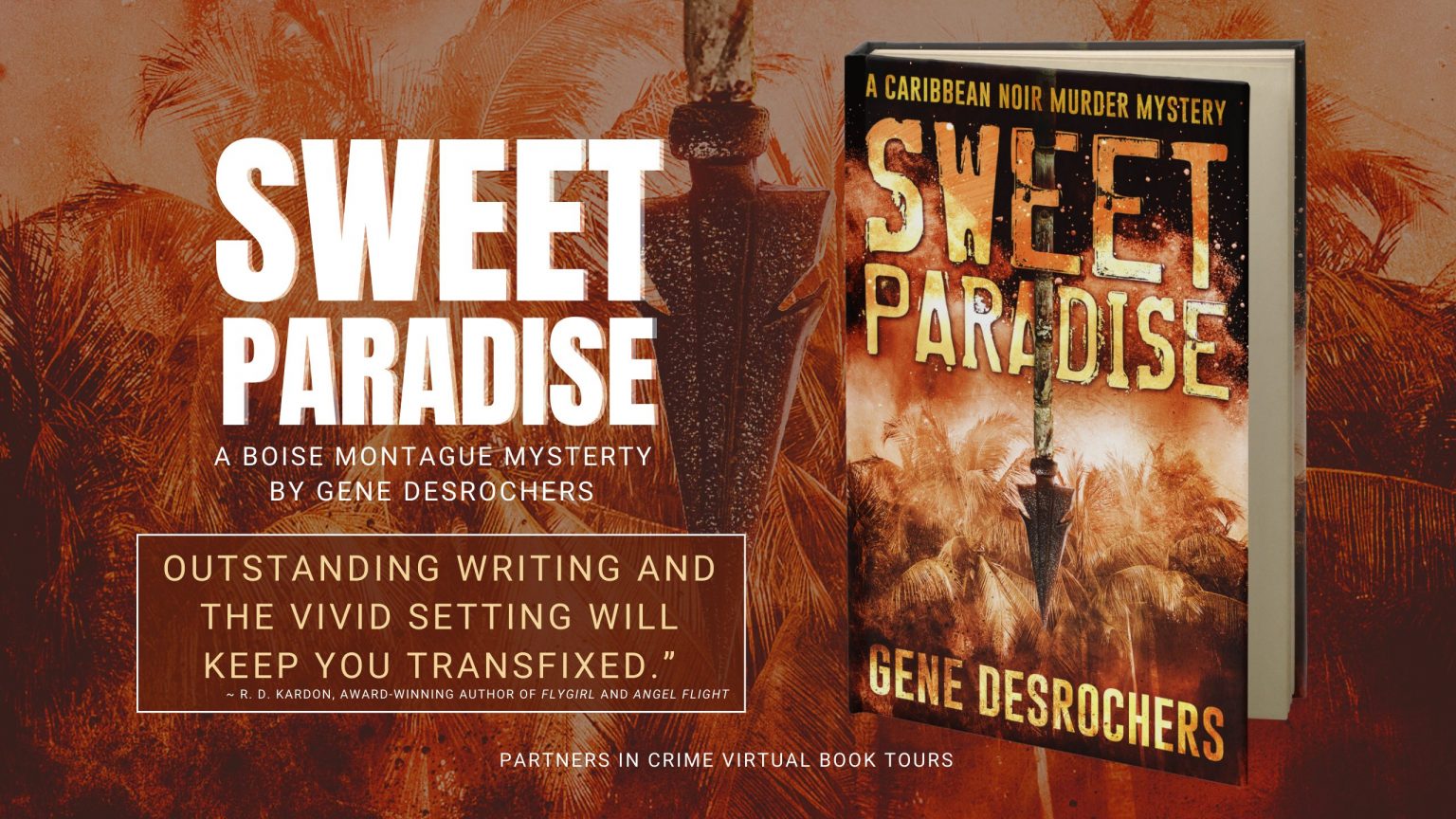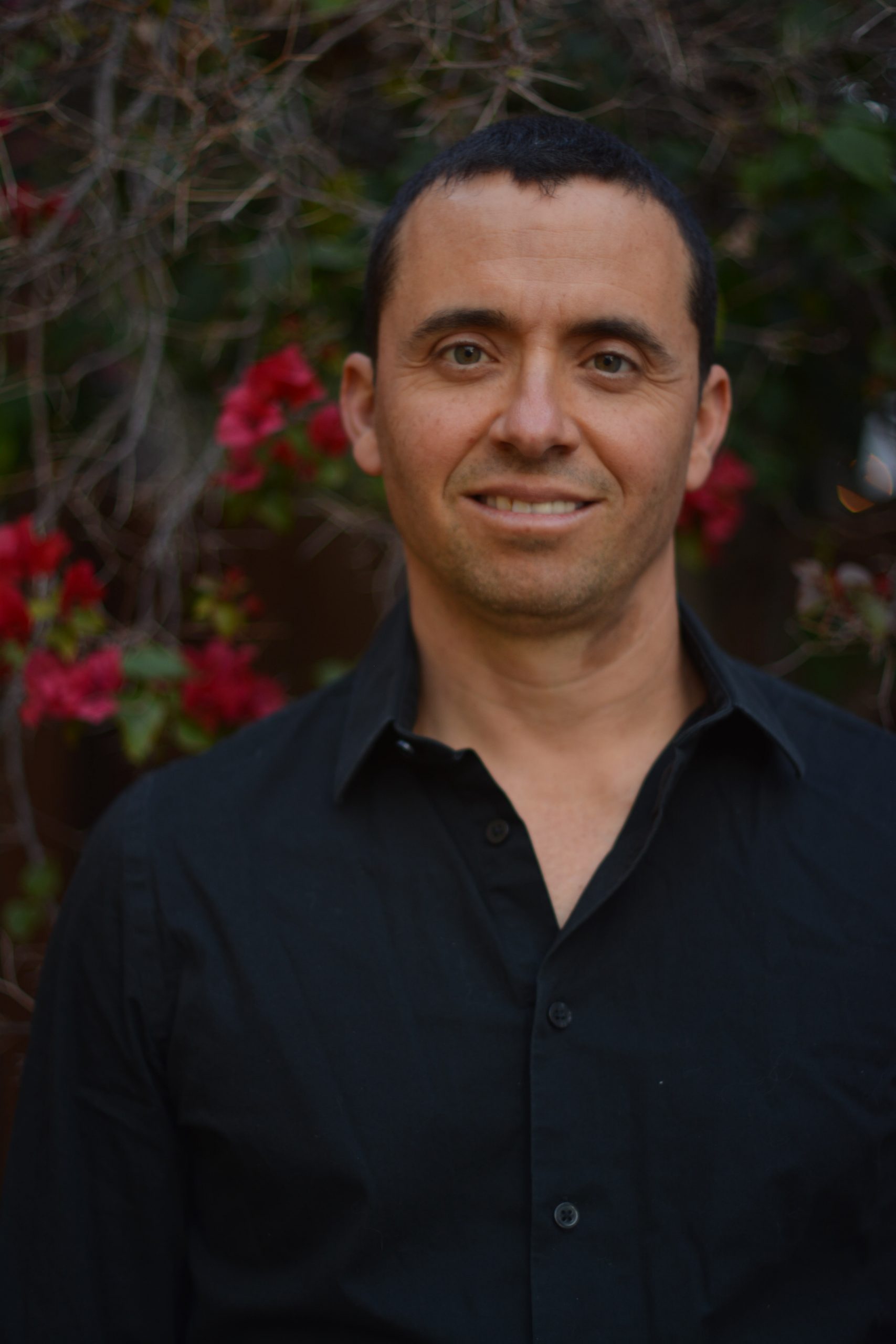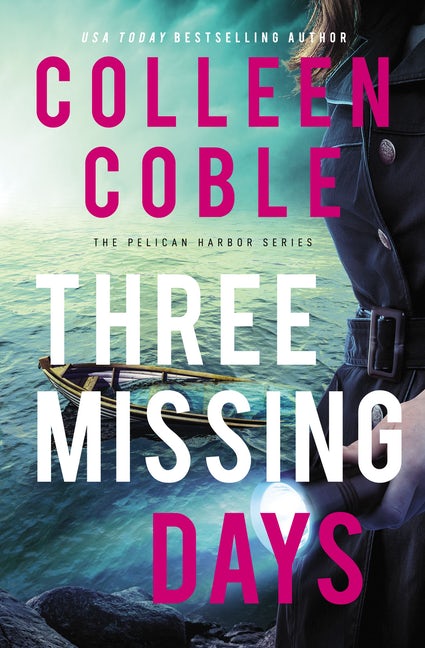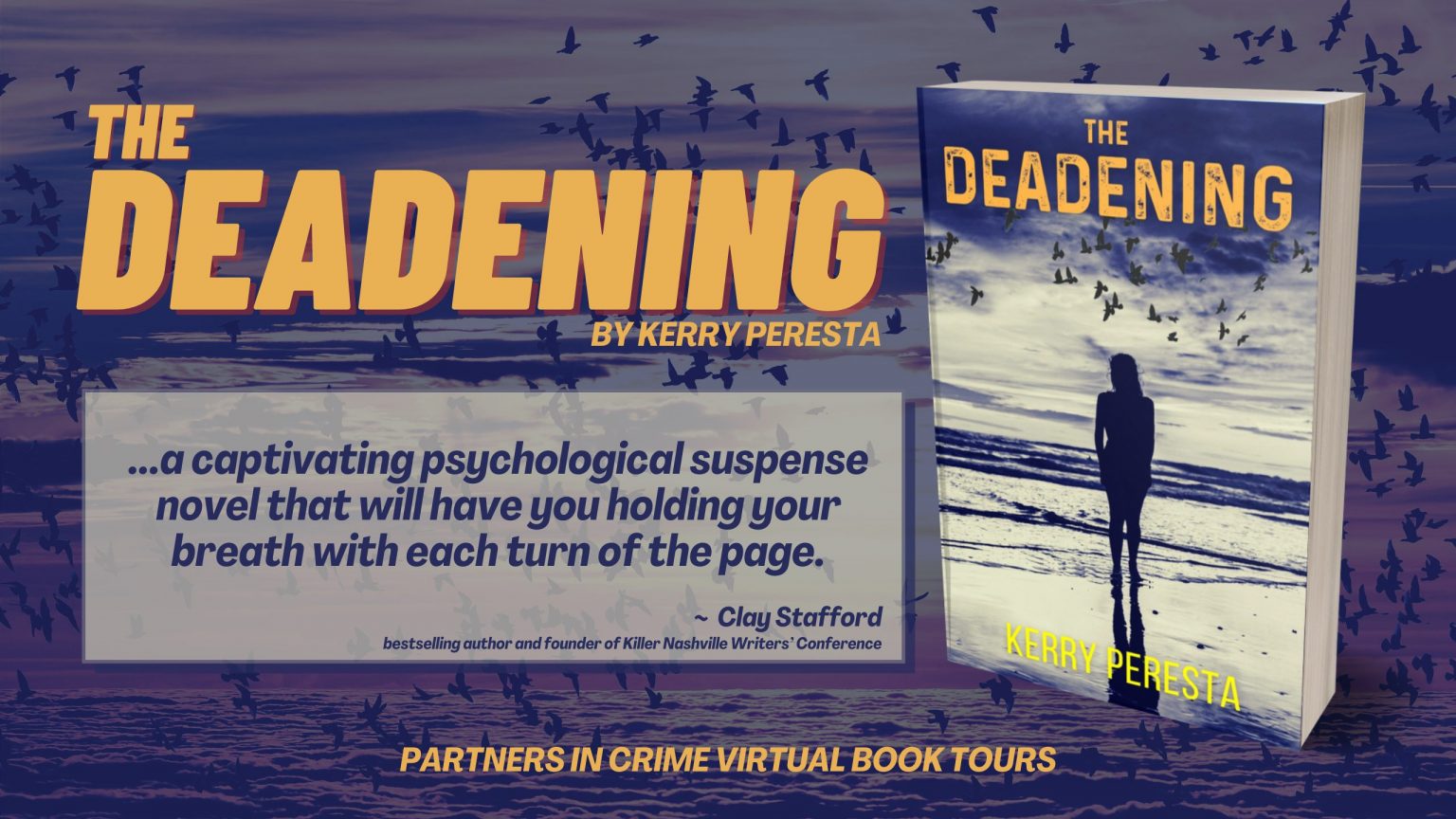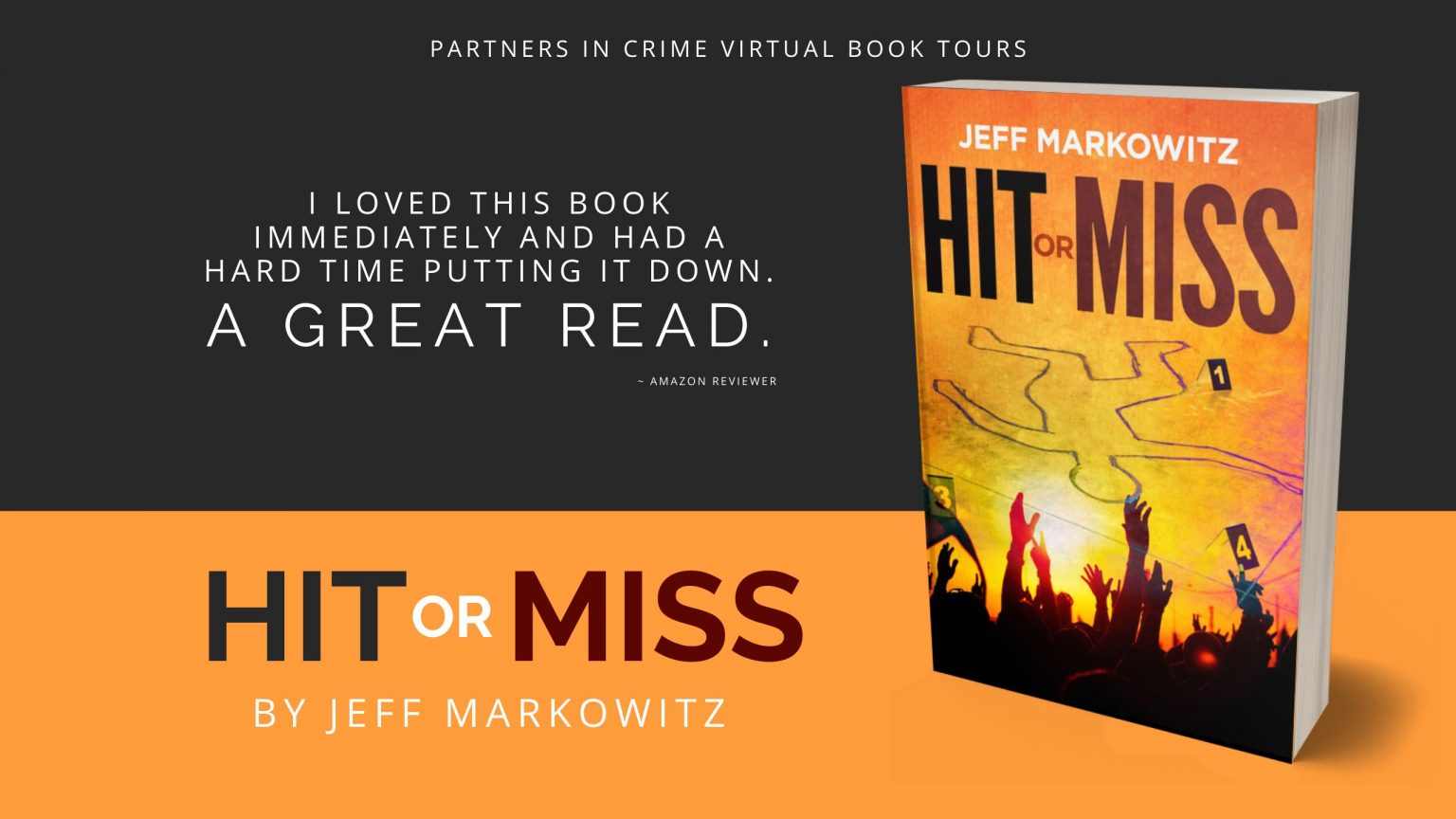Dead In The Water
by Jeannette de Beauvoir
April 27, 2021 Book Blast
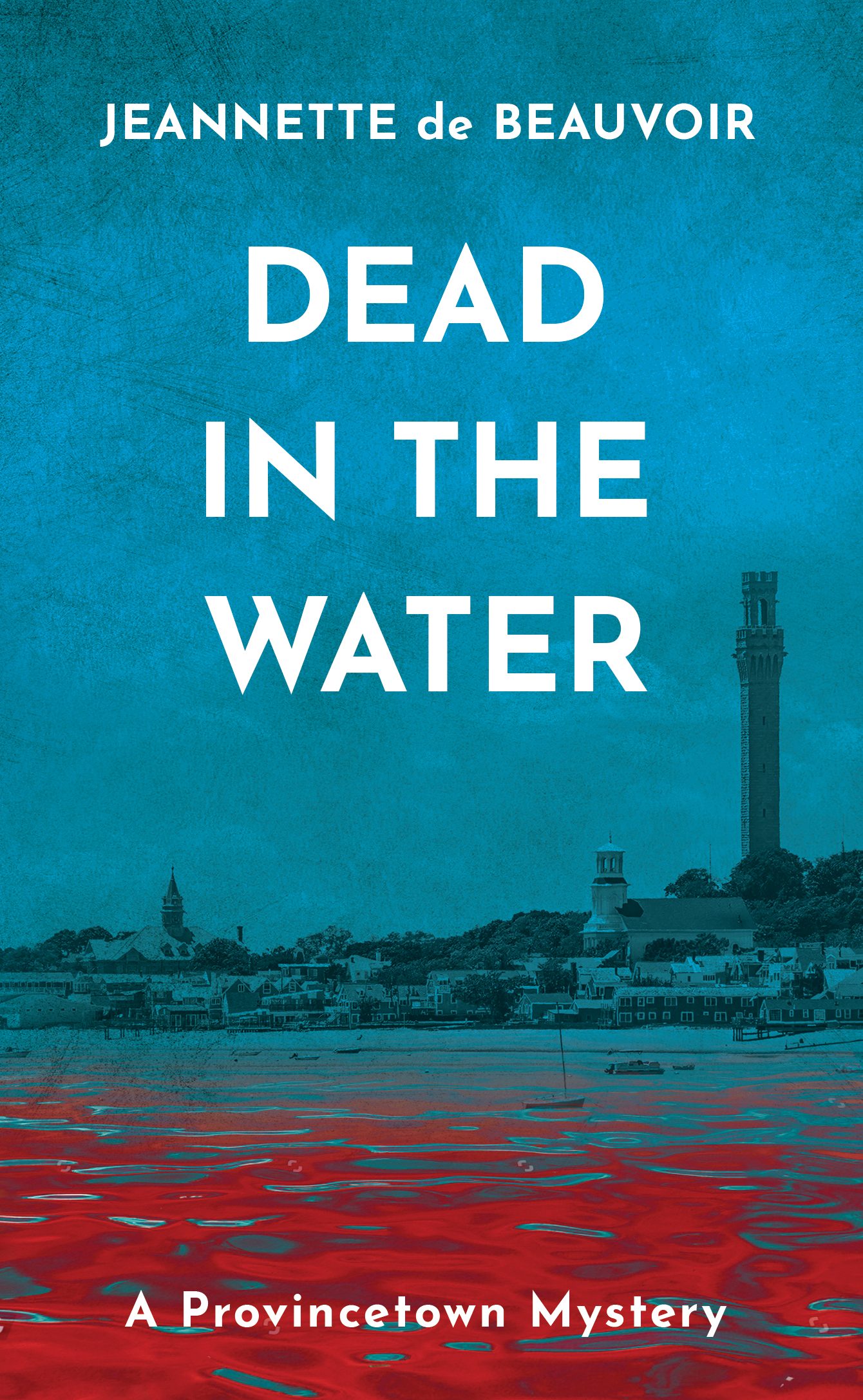
Book Details:
Family Can Be Murder
Sydney Riley's stretch of planned relaxation between festivals is doomed from the start. Her parents, ensconced at the Race Point Inn, expect her to play tour guide. Wealthy adventurer Guy Husband has reappeared, seeking to regain her friend Mirela's affections. And the body of a kidnapped businessman has been discovered under MacMillan Wharf!
Sydney is literally at sea (by far not her favorite place!) balancing these expectations with her supersized curiosity. Is the murder the work of a regional gang led by the infamous "Codfather" or the result of a feud within an influential Provincetown family? What's Guy Husband's connection, and why is it suddenly so important that her boyfriend Ali come for a visit—especially while her mother is in town?
Master of crime Jeannette de Beauvoir brings her unique blend of irony and intrigue to this humorous—and sometimes horrendous—convergence of family and fatality.
Book Details:
Genre: MysteryPublished by: HomePort PressPublication Date: May 1st 2021Number of Pages: 309ISBN: 9781734053371Series:Sydney Riley Series, Book #8 | Each is a stand alone Mystery
Read an excerpt from Dead In The Water:
Chapter One
It was, I told myself, all my worst nightmares come true. All at once.
I may live at Land’s End, out at the tip of Cape Cod where the land curls into itself and for centuries foghorns warned of early death and disaster; I may have, yes, been out on boats on the Atlantic waters, laughably close to shore; but no, I’d never gotten used to any of it. I like floors that don’t move under my feet. I like knowing I could conceivably make it back to land on my own steam should something go wrong. (Well the last bit is a fantasy: without a wetsuit, the cold would get me before the fatigue did. But the point still stands.)
I was having this plethora of cheerful thoughts for two reasons. I had allowed myself to be persuaded to go on a whale watch. And the person standing beside me on the deck was my mother.
Like all stories that involve me and my mother, this one started with guilt. I’d had, safe to say, a rough year. I’d broken my arm (and been nearly killed) at an extremely memorable film festival here in Provincetown in the spring, and then during Women’s Week that October had met up with another murderer—seriously, it’s as if my friend Julie Agassi, the head of the town’s police detective squad, is right, and I go looking for these things.
I don’t, but people are starting to wonder.
Meanwhile, my mother was busily beating her you-never-call-you-never-write drum and I just couldn’t face seeing her for the holidays. My life was already complicated enough, and there’s no one like my mother for complicating things further. She’s in a class by herself. Other contenders have tried valiantly to keep up, before falling, one by one, by the wayside. Not even death or divorce can complicate my life the way my mother manages to. She perseveres.
On the other hand, circumstances had over the past year given her a run for her money. My boyfriend Ali—who after several years my mother continued to refer to as that man—and I had become sudden and accidental godparents to a little girl named Lily when our friend Mirela adopted her sister’s unwanted baby. And the godparents thing—which I’d always assumed to be a sort of ceremonial role one trotted out at Christmas and birthdays—had become very real when Mirela was arrested, incarcerated, and investigated as to her parenting suitability last October, and suddenly we were in loco parentis. I took the baby to Ali’s Boston apartment and we holed up there for over a month. Mirela had joined us for the last week of it and I can honestly say I’ve never been more relieved to see anyone in my life.
I was trying, but motherhood was clearly not my gig. Maybe there’s something to that DNA thing, after all.
What with one thing and another, it was this January before I was thinking straight. I’d gone back to my life in P’town and my work—I’m the wedding and events planner for the Race Point Inn, one of the town’s nicer establishments, though I do say it myself—and really believed I was finally feeling back to what passes for normal again when my mother began her barrage of guilt-laden demands. Had I forgotten I had parents? I could travel to Boston, but not to New Hampshire?
It hadn’t helped that, because there was absolutely nothing on the inn’s events calendar for February, Ali and I decided to be the tourists for once; we’d taken off for Italy. Okay, let’s see, the short dark days of February… and a choice between snowy New Hampshire and the charms of Venice. You tell me.
Which was why I’d run out of excuses by the time my mother started taking about being on her deathbed in March. (She wasn’t.) And that my father had forgotten what I looked like in April. (He hadn’t.)
I couldn’t afford any more time off—Glenn, the inn’s owner, had already been more than generous as it was—and there was only one thing to do. I had a quick shot of Jameson’s for courage and actually called my mother, risking giving her a heart attack (the last time I’d called was roughly two administrations ago), and invited her and my father to come to Provincetown.
Which was why I now found myself on the deck of the Dolphin IV, looking for whales and listening to my mother read from the guide book. “The largest living mammal is the blue whale,” she reported.
“I know,” I acknowledged.
“The humpback whale doesn’t actually chew its food,” she said. “It filters it through baleens.”
“I know,” I replied.
She glanced at me, suspicious. “How do you know all this?”
“Ma, I live in Provincetown.” It’s just possible one or two of the year-round residents—there aren’t that many of us, the number is under three thousand—don’t know about whales, but the possibility is pretty remote. Tourism is our only real industry. Tourists stop us in the street to ask us questions.
We know about whales.
She sniffed. “You don’t have to take an attitude about it, Sydney Riley,” she said. Oh, good: we were in full complete-name reprimand mode. “You know I don’t like it when you take an attitude with me.”
“I wasn’t taking an attitude. I was stating a fact.” I could feel the slow boil of adolescent-level resentment—and attitude, yes—building. I am in my late thirties, and I can still feel about fifteen when I’m having a conversation with my mother. Breathe, Riley, I counseled myself. Just breathe. Deeply. Don’t let her get to you.
She looked around her. “Are we going to see sharks?”
I sighed. Everyone these days wants to see sharks. For a long time, the dreaded story of Jaws was just that—a story, something to watch at the drive-in movie theatre in Wellfleet (yeah, we still have one of those) and shiver deliciously at the creepy music and scream when the shark tries to eat the boat. But conservation efforts over the past eight or ten years had caused a spectacular swelling of the seal population around the Cape—we’d already seen a herd of them sunning themselves on the beach today when we’d passed Long Point—and a few years later, the Great White sharks realized where their meals had all gone, and followed suit.
That changed things rather a lot. A tourist was attacked at a Truro beach and bled out. Signs were posted everywhere. Half-eaten seal corpses washed up. The famous annual Swim for Life, which once went clear across the harbor, changed its trajectory. And everybody downloaded the Great White Shark Conservancy’s shark-location app, Sharktivity.
The reality is both scary and not-scary. We’d all been surprised to learn sharks are quite comfortable in three or four feet of water, so merely splashing in the shallows was out. But in reality sharks attack humans only when they mistake them for seals, and usually only bite once, as our taste is apparently offensive to them. People who die from a shark attack bleed out; they’re not eaten alive.
“We might,” I said to my mother now. “There are a number of kinds of sharks here—”
The naturalist’s voice came over the loudspeaker, saving me. “Ah, so the captain tells me we’ve got a female and her calf just up ahead, at about two o’clock off the bow of the boat.”
“What does that mean, two o’clock?”
He had already told us. My mother had been asking what they put in the hot dogs in the galley at the time and hadn’t stopped to listen to him. “If the front of the boat is twelve o’clock, then two o’clock is just off—there!” I exclaimed, carried away despite myself. “There! Ma, see?”
“What?”
The whale surfaced gracefully, water running off her back, bright and sparkling in the sunlight, and just as gracefully went back under. A smaller back followed suit. The denizens of the deep, here to feed for the summer, willing to show off for the boatloads of visitors who populated the whale-watch fleet every year to catch a glimpse of another life, a mysterious life echoing with otherworldly calls and harkening back to times when the oceans were filled with giants.
Before we hunted them to the brink of extinction, that is.
“This is an individual we know,” the naturalist was saying. “Her name is Perseid. Unlike some other whales, humpbacks don’t travel in pods. Instead, they exist in loose and temporary groups that shift, with individuals moving from group to group, sometimes swimming on their own. These assemblages have been referred to as fluid fission/fusion groups. The only exception to this fluidity is the cow and calf pair. This calf was born eight months ago, and while right now you’re seeing her next to Perseid, she’s going to start straying farther and farther away as the summer progresses.”
Now that my mother was quieter—even she was silent in the face of something this big, this extraordinary—I recognized the naturalist’s voice. It was Kai Bennett, who worked at the Center for Coastal Studies in town; he was a regular at the Race Point Inn’s bar scene during the winter, when we ran a trivia game and he aced all the biology questions. “And we have another one that just went right under us… haven’t yet seen who this one is,” said Kai.
The newcomer spouted right off the port side of the boat and the light wind swept a spray of fine droplets over the passengers, who exclaimed and laughed.
“I wish they’d jump more out of the water,” my mother complained. “You have to look so fast. and they blend right in.”
My mother is going to bring a list of complaints with her to give to Saint Peter when she assaults the pearly gates of heaven. I swear she is.
Kai’s voice on the loudspeaker overran my mother’s. “Ocean conservation starts with connection. We believe that, as we build personal relationships with the ocean and its wildlife, we become more invested stewards of the marine environment. Whales, as individuals, have compelling stories to tell: where will this humpback migrate this winter to give birth? Did the whale with scars from a propeller incident survive another year? What happened to the entangled whale I saw in the news?”
“Look!” yelled a passenger. “I just saw a blow over there! Look! I know I did! I’m sure of it!”
Kai continued, “For science, unique identifiable markings on a whale's flukes—that’s the tail, folks—and on the dorsal fin allow us to non-invasively track whale movements and stories over time. By focusing on whales, we bring attention to the marine ecosystem as a whole and the challenges we face as a global community.”
“He sounds like a nice young man,” my mother remarked. “He sounds American.”
Don’t take the bait, I told myself. Don’t take the bait.
I took the bait.
“Ali is American,” I said. “He was born in Boston.”
“But his parents weren’t,” she said, with something like relish. “I just wish you could find a nice—”
I cut her off. “Ali is a nice American man,” I said.
“But why would his parents even come to America?” my mother asked, for possibly the four-thousandth time. “Everyone should just stay home. Where they belong.”
Breathe, Riley. Just breathe. “I think they would have liked to stay home,” I said, trying to keep my voice steady. “There was just the minor inconvenience of a civil war. Makes it difficult to enjoy your morning coffee when there’s a bomb explosion next door. Seriously, Ma, don’t you hate it when that happens?”
“You’re taking a tone with me,” my mother said. “Don’t take a tone with me.”
Kai saved me yet again. “That’s a good question,” his voice said over the loudspeaker. “For those of you who didn’t hear, this gentleman just asked how we know these whales by name. Of course, these are just names we give to them—they have their own communication systems and ways of identifying themselves and each other! So as I said, these are whales that return to the marine sanctuary every summer. Many of them are females, who can be counted on to bring their new calves up to Stellwagen Bank because they can feast on nutritious sand lance—that’s a tiny fish humpbacks just love—and teach their offspring to hunt. Together with Allied Whale in Bar Harbor at the College of the Atlantic, the Center for Coastal Studies Humpback Whale Research Group runs a study of return rates of whales based on decades of sighting data. So, in other words, we get to see the same whales, year after year. The first one ever named was a female we called Salt.” He didn’t say what I knew: that Allied Whale and the Center for Coastal Studies didn’t always play well together. For one thing, they had totally different names for the same whales. I managed to keep that fact to myself.
“Your father will wish he came along,” my mother said.
My father, to the best of my knowledge, was sitting out by the pool at the Race Point Inn, reading a newspaper and drinking a Bloody Mary. My mother was the dogged tourist in the family: when we’d gone on family vacations together, she was the one who found all the museums and statues and sights-of-interest to visit. She practically memorized guide books. My father, bemused, went along with most of it, though his idea of vacation was more centered around doing as little as possible for as much time as possible. Retirement didn’t seem to have changed that in any significant way.
“You’re here until Sunday,” I pointed out. “You can take him out.”
She sniffed. “He doesn’t know anything about whales,” she said.
“Then that’s the point. He’ll learn.” Okay, come on, give me a little credit: I was really trying here.
“Maybe,” she said darkly. “What are those other boats out there?”
I looked. “Some of them are just private boats. And a lot of the fishing charters come out here,” I said. “And when there are whales spotted, they come and look, too. Gives the customers an extra thrill.” I knew from Kai and a couple of the other naturalists that the whale-watch people weren’t thrilled with the extra attention: the private boats in particular didn’t always maintain safe distances from the whales. Once a whale was spotted and one or two of the Dolphin Fleet stopped to look, anyone within sight followed their lead. It could get quite crowded on a summer day.
And dangerous. There had been collisions in the past—boats on boats and, once that I knew of, a boat hitting a whale. Some days it was enough to despair of the human race.
Kai was talking. “Well, folks, this is a real treat! The whale that just blew on our port side is Piano, who’s a Stellwagen regular easy to identify for some unfortunate reasons, because she has both vessel propeller strike and entanglement scars. This whale is a survivor, however, and has been a regular on Stellwagen for years!” Amazing, I thought cynically, she even gave us the time of day after all that.
“I didn’t see the scars,” said my mother.
We waited around for a little while and then felt the engines start up again and the deck vibrate. I didn’t like the feeling. I knew exactly how irrational my fear was, and knowing did nothing to alleviate it. I’d had some bad experiences out on the water in the past, and that vibration brought them all back. I’d tried getting over it by occasionally renting a small sailboat with my friend Thea, but—well, again, I always thought I’d be able to swim to shore from the sailboat if anything went wrong. Not out here.
And then there was the whole not-letting-my-mother-know side to things. If she did, she’d never let me hear the end of it.
At least when we were talking about whales we weren’t talking about her ongoing matrimonial hopes for me, the matrimonial successes of (it seemed) all her friends’ offspring, and the bitter disappointment she was feeling around my approaching middle age without a husband in tow. That seemed to be where all our conversations began… and ended.
And I wasn’t approaching middle age. Forty is the new thirty, and all that sort of thing.
“The captain says we have another pair coming up, folks, off to the port side now… I’m just checking them out… it’s a whale called Milkweed and her new calf! Mom is traveling below the surface right now, but you can see the calf rolling around here…” There was a pause and a murmur and then his voice came back. “No, that’s not abnormal. The baby’s learning everything it needs to know about buoyancy and swimming, and you can be sure Mom’s always close by. We’re going to slowly head back toward Cape Cod now…” And, a moment later, “Looks like Milkweed and the baby are staying with us! Folks, as you’re seeing here, whales can be just as curious about us as we are about them! What Milkweed is doing now—see her, on the starboard side, at three o’clock—we call it spyhopping.”
“Why on earth would they be curious about us?” wondered my mother.
“That,” I said, looking at her and knowing she’d never get the sarcasm, “is a really good question.”
Just breathe, Riley. Just breathe.
***
Excerpt from Dead In The Water by Jeannette de Beauvoir. Copyright 2021 by Jeannette de Beauvoir. Reproduced with permission from Jeannette de Beauvoir. All rights reserved.
Author Bio:

Jeannette de Beauvoir didn’t set out to murder anyone—some things are just meant to be!
Her mother introduced her to the Golden Age of mystery fiction when she was far too young to be reading it, and she’s kept following those authors and many like them ever since. She wrote historical and literary fiction and poetry for years before someone asked her what she read—and she realized mystery was where her heart was. Now working on the Sydney Riley Provincetown mystery series, she bumps off a resident or visitor to her hometown on a regular basis.
Catch Up With Our Author:
Tour Participants:
Visit these other great hosts on this tour for more great reviews, interviews, guest posts, and giveaways!
| 2. | 3. | |
| 5. | ||
| 10. | ||
| 13. | 14. | 15. |
| 17. | 18. | |
| 19. | 21. | |
Giveaway:
This is a rafflecopter giveaway hosted by Partners in Crime Virtual Book Tours for Jeannette de Beauvoir. There will be two (2) winners who will each receive one (1) Amazon.com Gift Card. The giveaway begins on April 27, 2021 and ends on May 5, 2021. Void where prohibited.
Get More Great Reads at Partners In Crime Virtual Book Tours

